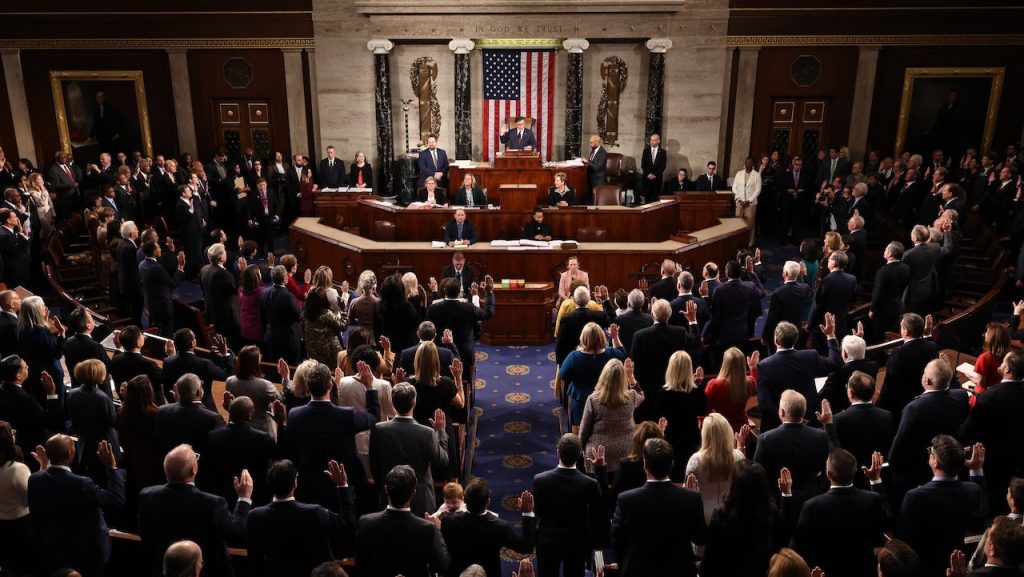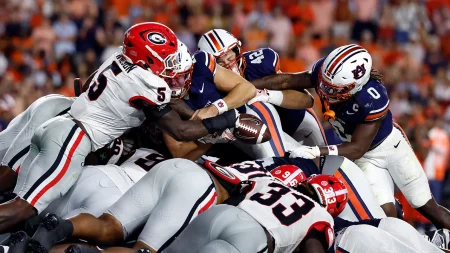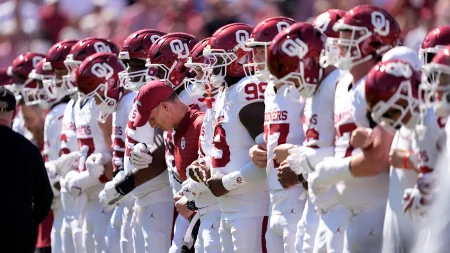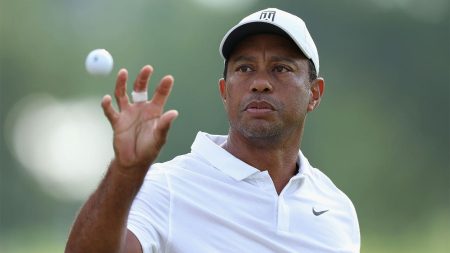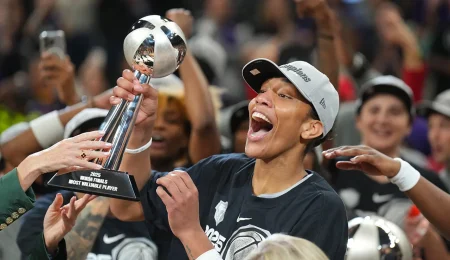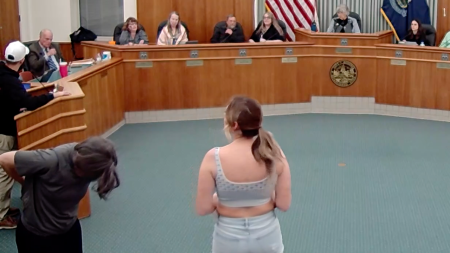The newly convened 119th Congress, under Republican control, has signaled its intent to prioritize legislation concerning transgender athletes’ participation in women’s sports. Following the re-election of Mike Johnson as House Speaker, the Congress approved a new rules package that prominently features a bill aiming to amend the Education Amendments of 1972, specifically Title IX. This proposed amendment seeks to define sex based solely on an individual’s reproductive biology and genetics at birth, effectively barring transgender women from competing in women’s sports at institutions receiving federal funding. This move represents a significant shift in the political landscape surrounding this contentious issue, and promises to reignite a national debate that has already permeated various levels of society, from school athletics to professional sports.
This legislative push contrasts sharply with previous efforts by Democrats to promote transgender inclusion in sports. During the prior administration, legislation like the Equality Act and the Transgender Bill of Rights sought to protect transgender individuals’ participation in sports aligning with their gender identity. Executive orders were also implemented to advance transgender inclusion across various spheres. However, these efforts faced increasing resistance, particularly during the lead-up to the recent election. Facing public backlash, Democratic support for these initiatives waned, culminating in the Department of Education withdrawing a proposed rule that would have prohibited states from enacting bans on transgender athletes in women’s sports.
The renewed focus on restricting transgender athletes’ participation comes after prominent Republican figures, including then-President-elect Trump, pledged to address the issue during their campaigns. Representative Greg Steube (R-Fla.), who is reintroducing the “Protection of Women and Girls in Sports Act,” framed the legislation as reflecting the will of the American people and upholding the principle of fair competition. He argued that allowing transgender women to compete in women’s sports threatens the integrity of women’s athletics, displacing female athletes and jeopardizing their opportunities. This perspective aligns with a broader narrative within conservative circles that emphasizes protecting women’s spaces and opportunities.
The impending legislative action has drawn strong reactions from various groups. Women’s advocacy organizations, such as Concerned Women for America (CWA), have applauded the prioritization of this bill, viewing it as a necessary step to safeguard women’s sports and counter what they perceive as an overreach of “woke ideology.” They argue that allowing transgender women to compete alongside biological women undermines fairness and creates uncomfortable situations, particularly in shared spaces like locker rooms. Conservative groups like Heritage Action for America have also welcomed the move, seeing it as a victory for their agenda and a fulfillment of campaign promises.
Public opinion on this issue appears divided, reflecting the broader societal polarization surrounding transgender rights. A national exit poll conducted by CWA’s legislative action committee suggested that a significant portion of moderate voters considered Trump’s stance on transgender issues, including participation in sports and access to gender-specific facilities, as an important factor in their voting decisions. While this data point highlights the salience of the issue for some voters, it also underscores the complexity of navigating the diverse range of perspectives and beliefs surrounding transgender rights.
The reintroduction of the “Protection of Women and Girls in Sports Act” marks a pivotal moment in the ongoing debate surrounding transgender inclusion in athletics. The bill’s progress through Congress will likely face intense scrutiny and opposition from LGBTQ+ advocacy groups and their allies who argue that such legislation is discriminatory and harmful to transgender individuals. The ensuing political battle will likely involve legal challenges and further public discourse, as both sides seek to define the future of transgender participation in sports. The outcome of this legislative effort will not only impact the sporting world but could also have broader implications for transgender rights and inclusion across society.





